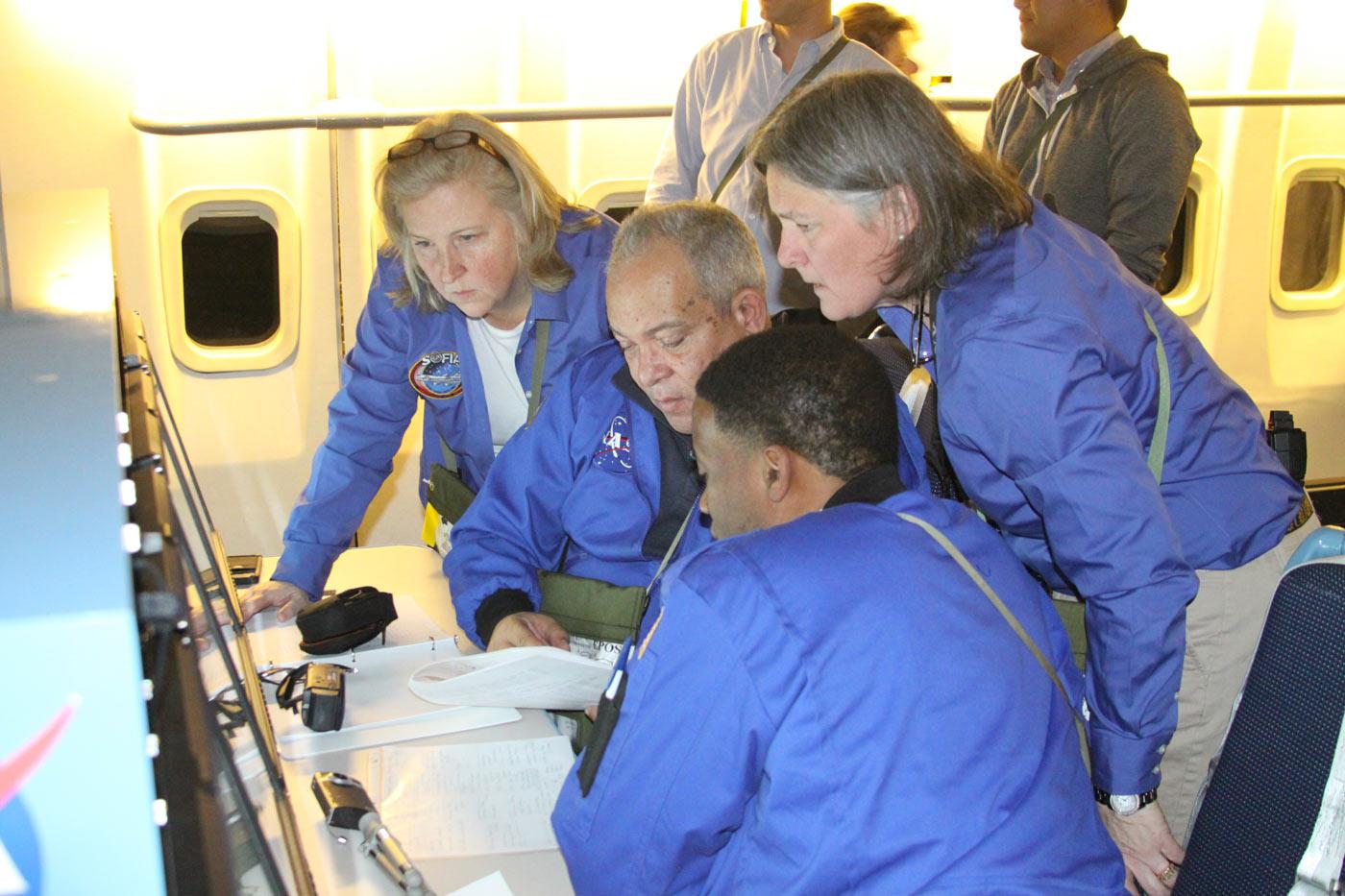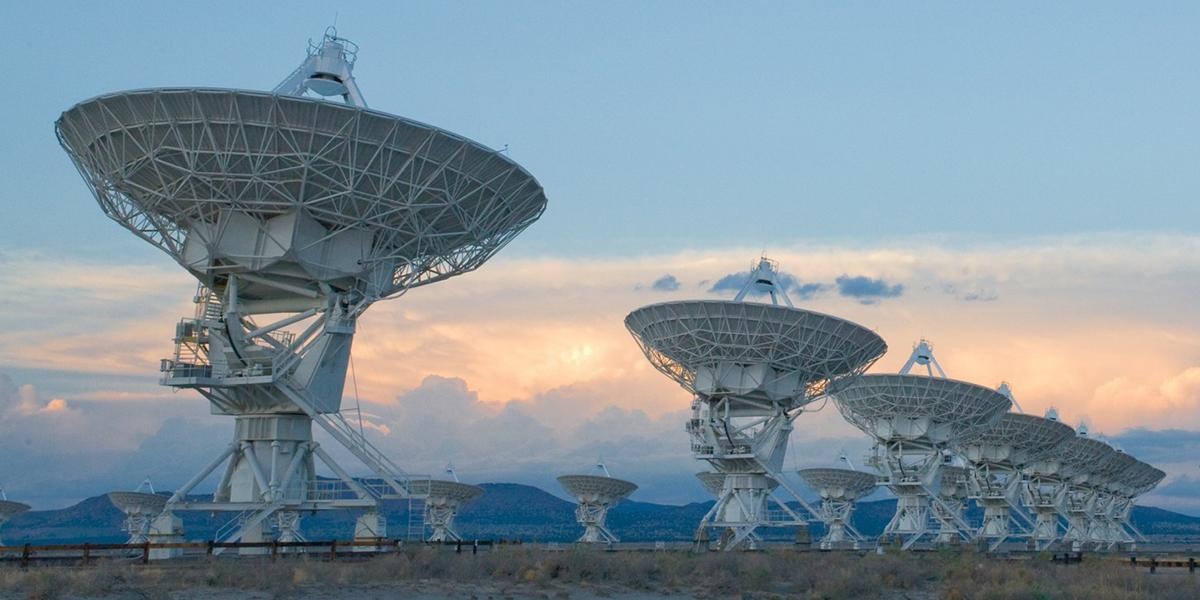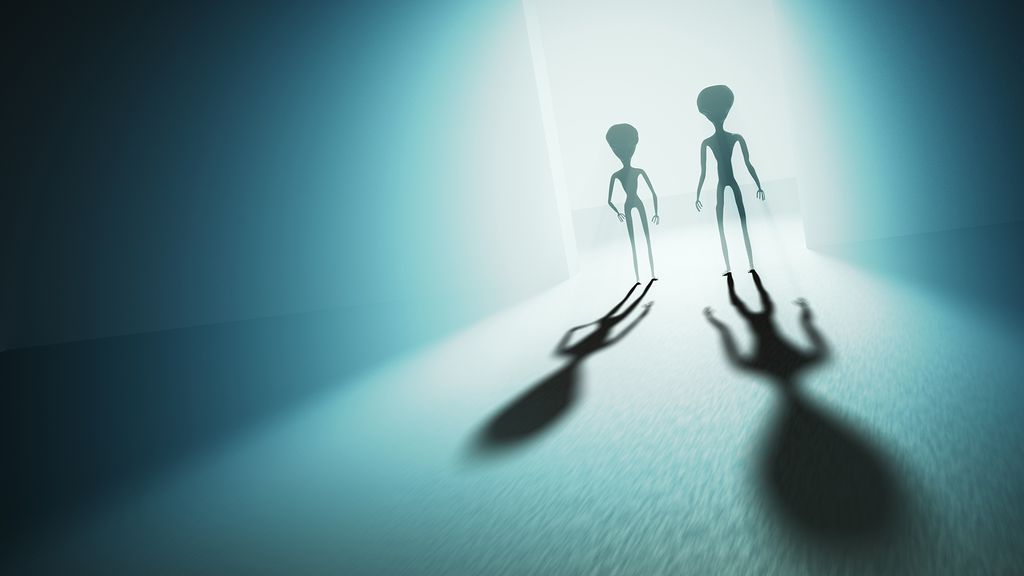
Extended to April 14
The Frontier Development Lab (FDL), an applied AI research accelerator and public/private partnership between NASA Ames Research Center and the SETI Institute, has extended its deadline for applications to April 14th. On Monday, April 6, there will be a challenge briefing to provide additional details about the 2020 challenges. People can register to participate here, and the session will be recorded and posted afterward.
Additionally, FDL is developing plans to run the program virtually should there be continued restrictions in place as a result of COVID-19.
- Parabolic Arc: Applications Now Open for Frontier Development Lab
- SETI.org: Apply for Frontier Development Lab’s 2020 Summer Program Now – Deadline is April 14, 2020
- SETI.org: Development Lab COVID-19 Update; April 14 Application Deadline
 Airborne Astronomy Ambassadors
Airborne Astronomy AmbassadorsA few high school teachers share their excitement at being chosen to fly on NASA’s SOFIA with the 2020 NASA Airborne Astronomy Ambassadors program, a professional development program for high school science teachers designed to improve science teaching and increase student learning and STEM engagement.
- iBerkshires.com: Q&A: Wahconah High Teacher to Participate in NASA Program for Educators
- The Press-Enterprise: Menifee teacher to chase childhood dreams in NASA program
- Marietta Daily Journal: Three Cobb high school teachers selected to fly on NASA’s SOFIA as Airborne Astronomy Ambassadors
- SETI.org: 28 High School Science Teachers Selected as Airborne Astronomy Ambassadors and Will Fly on NASA’s SOFIA
 Modeling Coronal Mass Ejections
Modeling Coronal Mass EjectionsDr. Meng Jin, a heliophysicist with the SETI Institute, discusses the use of modeling techniques to analyze coronal mass ejections to understand space weather better, resulting in more accurate forecasts which will aid in the protection of astronauts and space-based equipment like satellites and the International Space Station (ISS).
- Weekly Space Hangout: March 18, 2020 – Dr. Meng Jin and Modeling Coronal Mass Ejections
 SETI@home update
SETI@home updateAfter 20 years, the SETI@home, the scientific experiment based at UC Berkeley which uses internet-connected computers in the Search for Extraterrestrial Intelligence (SETI), is in hibernation. It’s important to note at SETI@home is not disappearing and that the message boards will continue to operate.
Even more importantly, while SETI@home is on pause, the teams both at Berkeley and the SETI Institute are continuing the search. At the SETI Institute’s Allen Telescope Array (ATA), technical upgrades are underway on the receivers that will double their sensitivity in some frequency bands. There is also an initiative at the Very Large Array (VLA) for commensal observations that use the 27 VLA antennas to hunt for SETI signals at the same time other radio astronomers are using them to conduct their research.
- NY Times: The Search for E.T. Goes on Hold, for Now
- SETI.org: The Search Goes On
- SETI.org: SETI@home Going into Hibernation
 SETI Institute and NRAO
SETI Institute and NRAOCollaboration at VLA
The SETI Institute and National Radio Astronomy Observatory will work together to scan for signs of alien life in 75 percent of the night sky with 27 telescopes at the Very Large Array (VLA). Thanks to a new, cost-effective Ethernet interface, it will be possible to employ the VLA to search for technosignatures 24 hours a day - 7 days a week, as well as explore other natural astrophysical phenomena in novel ways. The new system is called the Commensal Open-Source Multimode Interferometer Cluster Search for Extraterrestrial Intelligence (COSMIC SETI).
- 24.com South Africa: SETI and National Radio Astronomy Observatory Search for Extraterrestrial
- SETI.org: SETI Institute and National Radio Astronomy Observatory Team Up for SETI Science at the Very Large Array
 Live Science podcast “Life’s Little Mysteries” 16: Mysterious Aliens
Live Science podcast “Life’s Little Mysteries” 16: Mysterious AliensAre we alone in the Universe? In this podcast episode, co-hosts Jeanna Bryner and Mindy Weisberger interview guests Seth Shostak, SETI Institute, and Stephanie Pappas, Live Science, to take a closer look at a favorite scientific mystery topic: aliens.
- Live Science podcast: "Life's Little Mysteries" 16: Mysterious Aliens
In a show recorded before a live audience at the Seattle AAAS meeting, and co-presented with the BBC World Service, How Bad Does It Have to Get?discusses out how politics and psychology lead people to tune out inconvenient scientific findings even when the stakes are high – as well as what we can do about it.
Big Picture Science: Combatting a Crisis - The Big Picture Science radio program has produced several shows in the past six months that deal with themes directly and indirectly relevant to the current health crisis.
Check out our most recent Facebook Live with Seth Shostak, Senior Astronomer and Simon Steel, Senior Director of Education and STEM Programs, talking about Dyson Spheres. Videos of all past Facebook Live events are on our Facebook page: https://www.facebook.com/SETIInstitute/
- FB Live: Dyson Spheres





